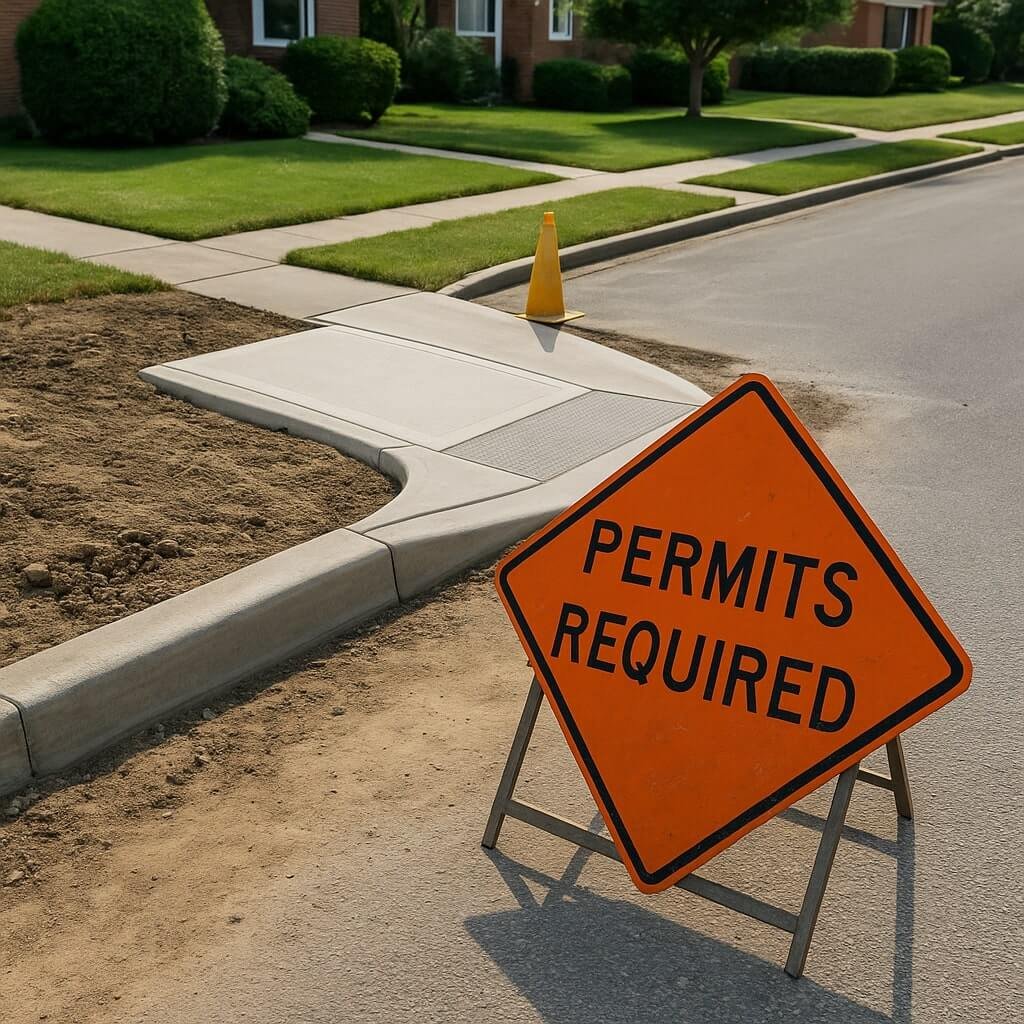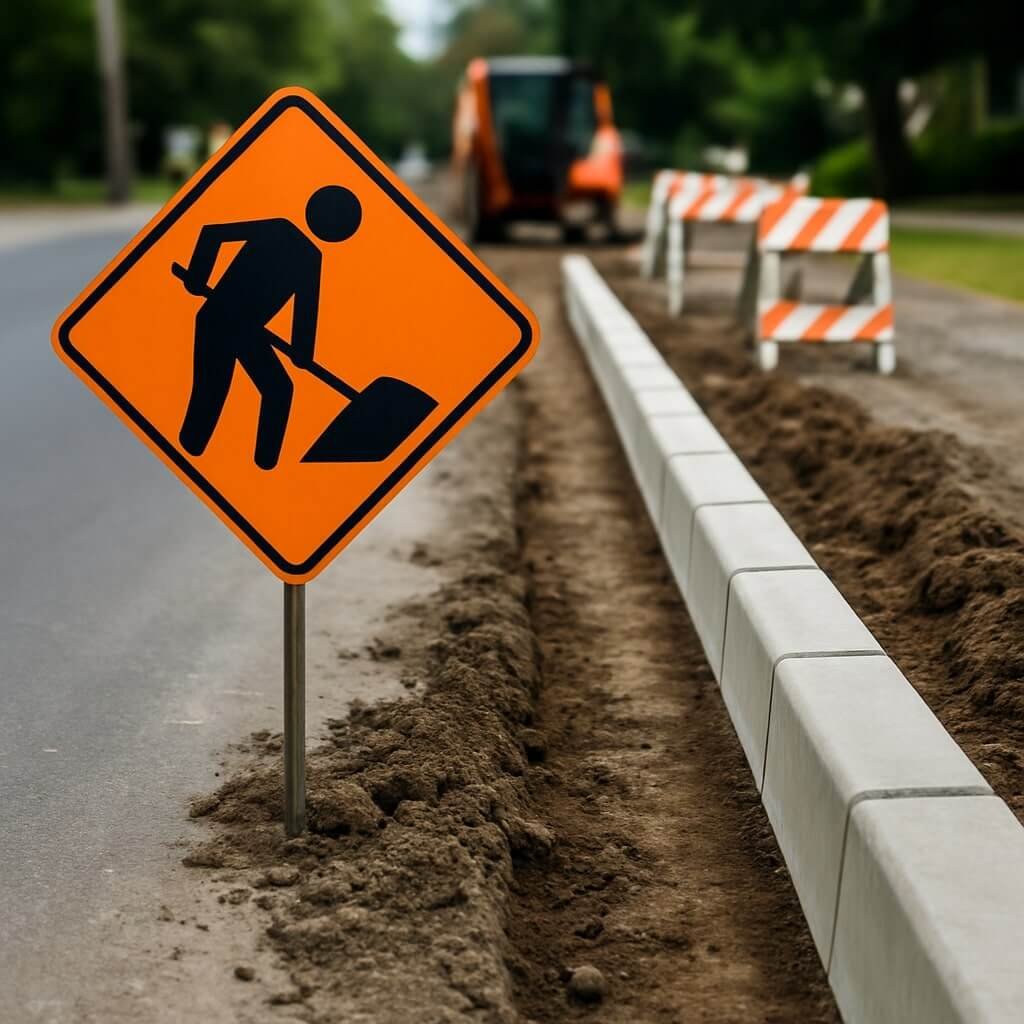Looking to boost your property’s curb appeal or improve your garden’s structure? One of the smartest ways to enhance your outdoor space is by installing quality curb stones. But not all curb stones are created equal. From durability to design, and from price to place of purchase, there’s a lot to consider.
In this article, you’ll learn exactly where to buy curb stones, what to look for, and how to get the most value for your money. We’ve covered everything—from understanding types and features to the best buying sources and expert installation tips.
Understanding the Importance of Curb Stones
Curb stones are more than just decorative edges. They serve several critical functions:
- Define Spaces: They help separate lawns, walkways, and driveways.
- Prevent Erosion: Especially on sloped landscapes.
- Support Drainage: Proper placement can help manage runoff.
- Add Value: Professionally installed curb stones increase property aesthetics and resale potential.
So, whether you’re landscaping your front yard or working on a public works project, choosing the right curb stones is essential for long-term functionality and style.
Different Types of Curb Stones Available
Understanding the different types of curb stones is step one. Each material offers unique strengths and a different look.
Concrete Curb Stones
- Affordable & Versatile
- Available in various shapes and sizes
- Often precast for uniformity
Granite Curb Stones
- Durable & Elegant
- Withstands harsh weather
- Slightly more expensive but offers longevity
Limestone and Other Natural Stones
- Rustic & Organic Look
- Good for garden beds and softer landscapes
- Requires sealing to prevent wear
Key Features to Look for in Quality Curb Stones
Before pulling out your wallet, assess these essential features:
- Durability: Opt for stones with high resistance to weather and impact.
- Consistent Size & Shape: Especially important for large-scale projects.
- Color Retention: UV-resistant materials are key.
- Finish: Smooth or textured? The finish impacts safety and design.
Top 5 Places to Buy Quality Curb Stones
Wondering where to buy quality curb stones for your improvement project? Here are the top sources:
Local Landscaping Supply Stores
- Pros: Support local businesses, see products firsthand
- Cons: May have limited variety
Home Improvement Chains (e.g., Home Depot, Lowe’s)
- Pros: Competitive pricing, seasonal discounts
- Cons: Quality can vary
Online Building Supply Retailers
- Pros: Huge selection, easy comparison
- Cons: Shipping costs, can’t inspect before buying
Direct from Manufacturers
- Pros: Custom orders, bulk discounts
- Cons: Might require a minimum purchase
Specialty Stone Yards
- Pros: Unique and premium materials
- Cons: Higher prices, may be farther away
Comparing Prices and Quality: A Buyer’s Guide
Here’s a quick price comparison table (USD):
| Source Type | Avg. Price/Linear Foot | Bulk Discount | Inspection Allowed |
|---|---|---|---|
| Local Supply Store | $3–$5 | Sometimes | Yes |
| Home Improvement Chain | $2–$6 | Yes | Limited |
| Online Retailer | $3–$8 + Shipping | Yes | No |
| Manufacturer Direct | $2.50–$6 | Yes | Yes (by appt) |
| Stone Yard | $5–$12 | Rare | Yes |
Benefits of Buying Locally vs. Online
| Benefit | Buying Locally | Buying Online |
|---|---|---|
| Inspect Quality | ✅ | ❌ |
| Immediate Pickup | ✅ | ❌ |
| Wider Selection | ❌ | ✅ |
| Potential Discounts | ✅ | ✅ |
| Shipping Hassles | ❌ | ✅ |
Questions to Ask Before Purchasing
- What is the warranty or return policy?
- Are these curb stones weather-tested?
- Do you offer bulk pricing?
- What are the delivery options and fees?
- Are there installation services available?
Tips for Inspecting and Transporting Curb Stones
- Inspect for cracks or discoloration
- Use padded straps when transporting to avoid chipping
- Don’t overload your vehicle—curb stones are heavy!
- Ask about delivery insurance
How to Install Curb Stones Like a Pro
Installing curb stones doesn’t have to be hard:
- Plan the Layout: Mark the area with string or chalk.
- Excavate a Trench: Around 4–6 inches deep.
- Add a Base Layer: Crushed gravel for drainage.
- Set the Stones: Use a mallet to secure placement.
- Fill Gaps: Use sand or mortar depending on stone type.
- Tamp and Level: Ensure all stones sit evenly.
Maintaining and Extending the Life of Your Curb Stones
- Clean regularly with mild soap and water.
- Reseal natural stones every 1–2 years.
- Avoid harsh chemical cleaners that may erode finishes.
- Repair chips or cracks immediately to prevent spread.
FAQs
1. What are the best curb stones for cold climates?
Granite and concrete are ideal due to their resistance to freeze-thaw cycles.
2. Can I install curb stones myself?
Yes, with the right tools and prep. However, professional installation ensures long-term durability.
3. Do curb stones need sealing?
Natural stones like limestone do. Concrete may not, unless it’s decorative.
4. How long do curb stones last?
With proper care, up to 25–50 years, depending on the material.
5. Is it cheaper to buy in bulk?
Yes, most suppliers offer discounts for orders over 100 linear feet.
6. Where can I find eco-friendly curbstone options?
Look for reclaimed or recycled stone from specialty yards or green suppliers like EcoStoneUSA.
Conclusion: Start Your Project with Confidence
Choosing the right curb stones for your improvement project can truly transform your outdoor space. Whether you’re building a garden path or enhancing your home’s curb appeal, sourcing from trusted vendors, knowing what to look for, and understanding the installation process will ensure long-term satisfaction.




